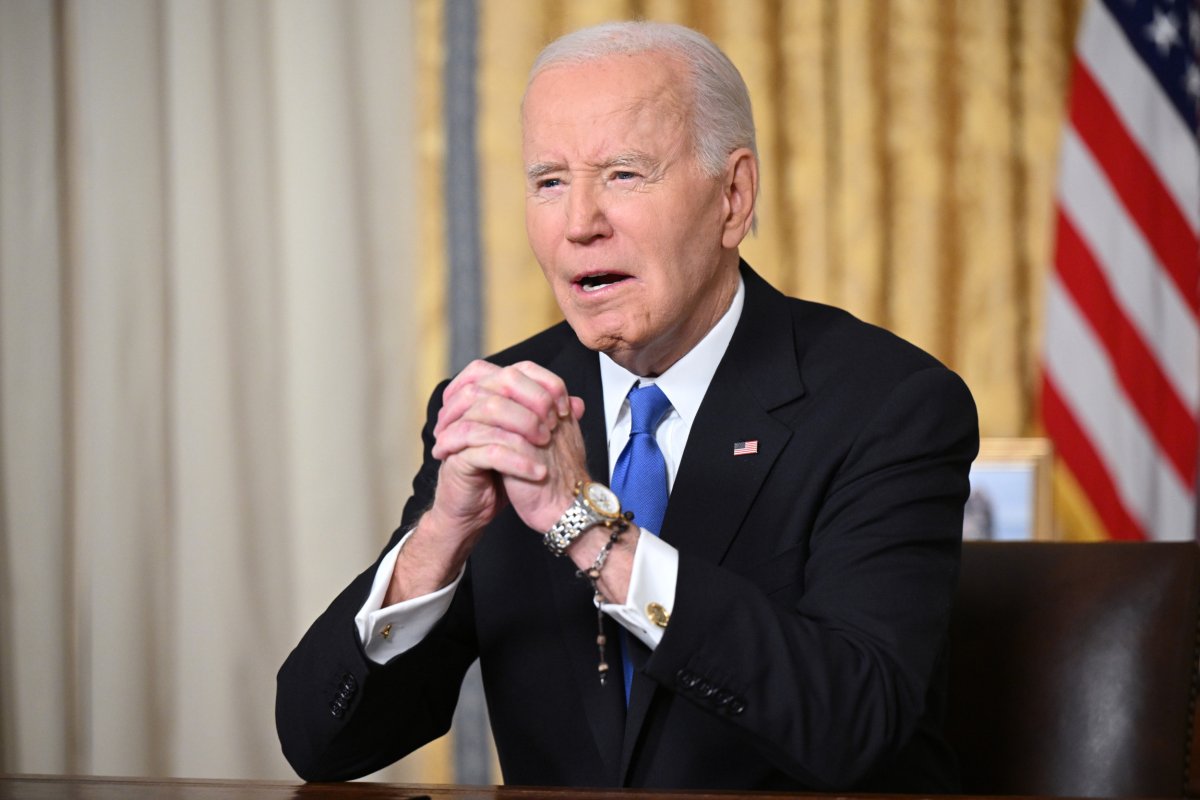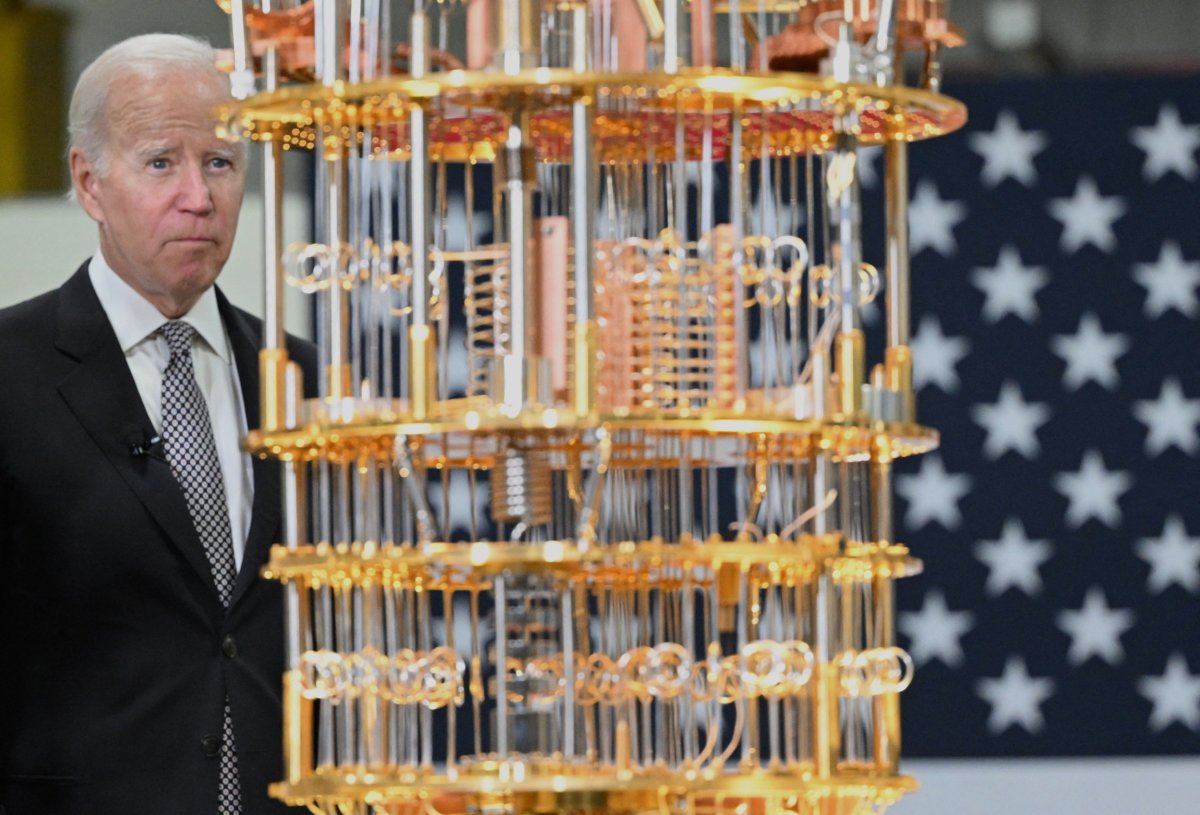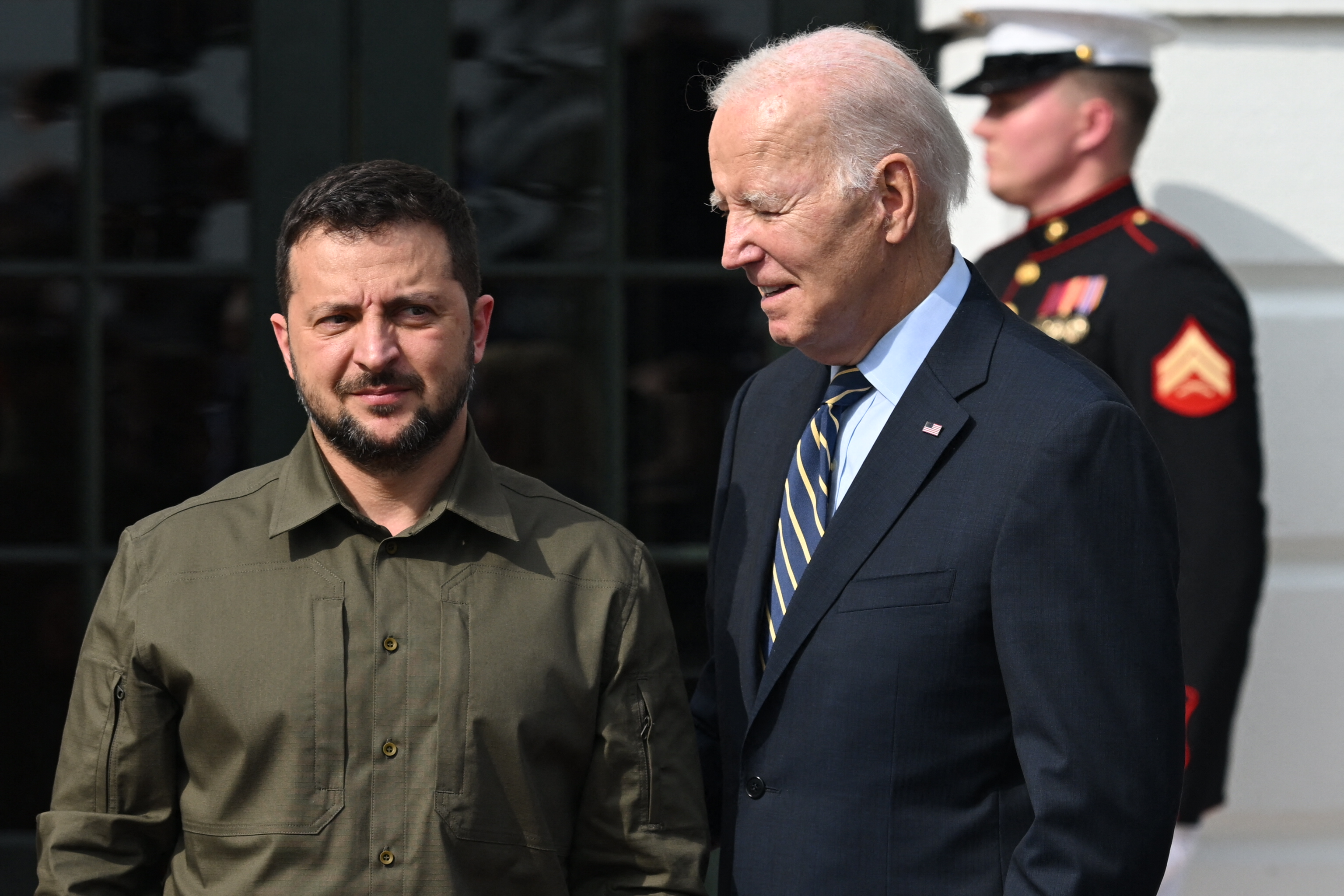President Joe Biden issued an executive order Thursday aimed at strengthening U.S. cybersecurity defenses and cracking down on foreign hackers targeting critical infrastructure.
The order establishes mandatory cybersecurity standards for government contractors, authorizes sanctions against international cybercriminals, and addresses emerging risks posed by quantum computing.
Why It Matters
The executive order follows a wave of cyberattacks attributed to state-sponsored groups from nations including China and Russia. These incidents, such as the Salt Typhoon campaign targeting U.S. telecommunications infrastructure, have torn open vulnerabilities in systems critical to the functioning of the country.

What To Know
Key provisions of the executive order include new requirements for government contractors to meet minimum cybersecurity standards to avoid hacking. Federal agencies will be required to enforce compliance.
The directive empowers U.S. authorities to impose sanctions on foreign hackers and the governments backing them. Targets include those responsible for ransomware attacks on hospitals, schools, and other essential services.
For example, sanctions were recently imposed on Integrity Technology Group, a Beijing-based cybersecurity firm accused of participating in multiple hacking campaigns, which company representatives said had "no factual basis." In turn, those associated were blocked from access to U.S. property and bank accounts.
Security Threat of Quantum Computing
Federal agencies will be directed to improve their cybersecurity measures against emerging threats linked to quantum computing. While quantum computing––tools used to solve complex problems faster than traditional machines––remains in its developmental stages, experts warn that once operational, the technology could undermine traditional encryption methods, rendering them obsolete.
The directive joins other eleventh-hour efforts by the Biden administration to keep U.S. cybersecurity in rude health. These include the Cyber Trust Mark program, which provides labeling for internet-connected devices that pass federal security standards, illustrating they are at a lower risk of hacking.

What People Are Saying
Deputy National Security Adviser Anne Neuberger said the measures demonstrate the administration's commitment to safeguarding national security: "America means business when it comes to protecting our businesses and our citizens."
Jen Easterly, the outgoing director of the Cybersecurity and Infrastructure Security Agency (CISA) said during an event in Washington, D.C., with the nonprofit Foundation for Defense of Democracies: "I think frankly we're going to see more and more serious threats from our foreign adversaries, and we have to anticipate it and be able to deal with it as we did for the 2024 election."
"We have the best code makers and code breakers in the world," John Ratcliffe, Trump's nominee to be CIA director, said Wednesday during his Senate confirmation hearing. "But if China gets to quantum computing before we do, that's a real problem."
China has pushed back against U.S. sanctions, calling them baseless and politically motivated. "For some time now, the U.S. side has been playing up so-called Chinese cyber attacks and has even initiated illegal unilateral sanctions against China," Chinese Foreign Ministry spokesperson Guo Jiakun said. "China firmly opposes this and will take necessary measures to safeguard its legitimate rights and interests."
What Happens Next
The sanctions and compliance measures outlined in the order are expected to take effect immediately. Manufacturers participating in the Cyber Trust Mark initiative are expected to roll out labeled products later this year.
This article includes reporting from the Associated Press.




















 English (US) ·
English (US) ·